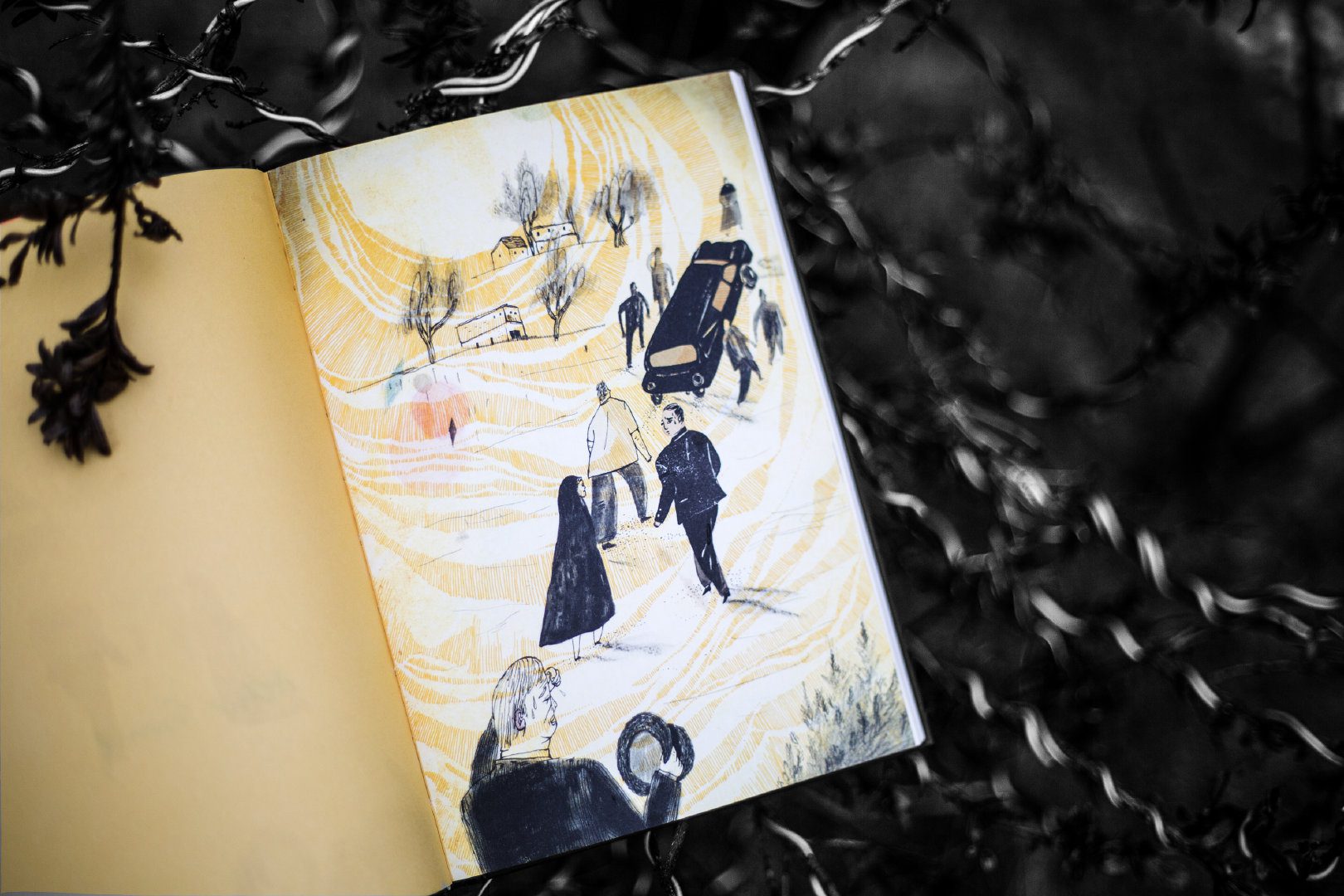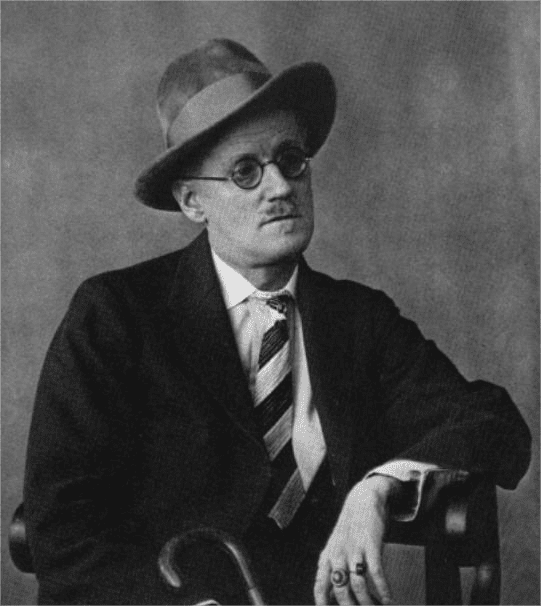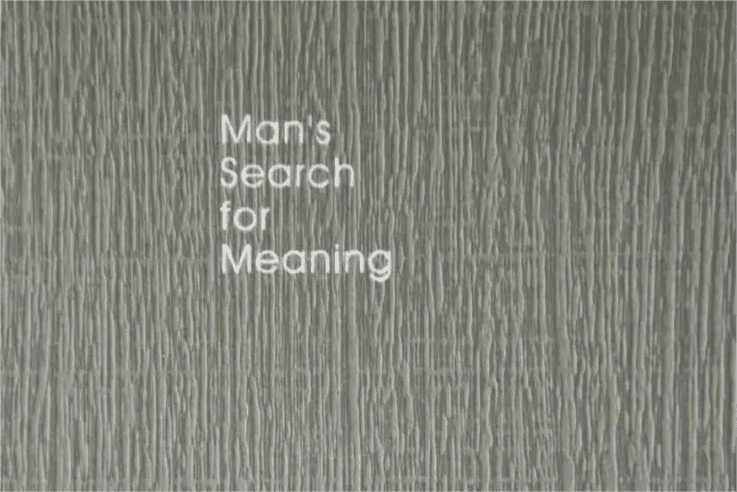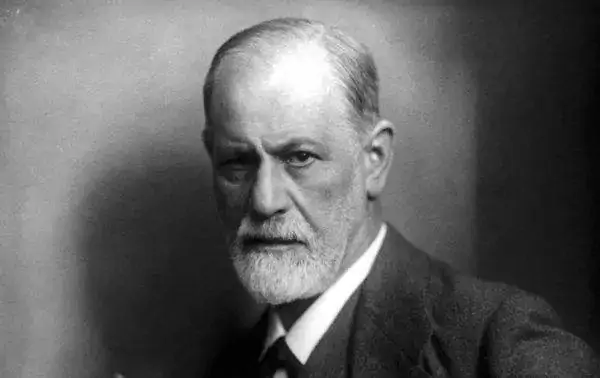In terms of life, perhaps each of us is in and out of it, and we view others from our own standpoint. The viewer is inside and the beholder is outside. The beholder is a party in the life he is experiencing, and the viewer will naturally be marginalized. It’s hard to step outside of life and be an outsider.
In this book, the author creates the image of an “outsider” on the margins of society, which may or may not have some shadow of Camus himself. The author reveals the absurdity of the real world from the perspective of people’s realistic survival predicament. Most people tend to be universal, stick to the reasonable “rules” that they think are correct, live in the reality but are unwilling to face up to and accept the reality. They pursue nothingness or regret in vain after losing. The man who seemed to be out of the flow, but was alive and true, fought alone in the flood, and watched the world fade away before his eyes.
In the preface of the American University Edition, Camus said that Meursault (the hero) “is not a man without feeling, his heart is driven by a strong and profound passion, which drives him to pursue a kind of absolute and real”. “The distance he triggered after realizing the absurdity of the rules of the social game is a kind of calm and sober, accompanied by the great danger of falling into nothingness…”
At his mother’s funeral, Meursault was so cold that he didn’t shed a tear. The people in the nursing home and the judge seemed to be very rude. They all agreed that he was a cold-blooded, heartless person. But in Meursault’s opinion, the forced display of sadness is just “absurd” formalism. He just presents his true self, and there is no point in pretending to be sad or crying.
Meursault thought before the execution that “Mother should be relieved to be so close to death and ready to start all over again. No one, no one has the right to cry for her.” He believes that mother lived the second half of her life in the present, and that any posthumous mourning was unnecessary and meaningless to her.
The whole story of “L’Étranger” presents the essence of “absurd life”, such as mechanical life, deliberate “carving”, seemingly serious but empty trial… The authorities think so highly of themselves, but they are blinded by themselves, only the outsider Mersault or Camus see the truth.
The “strange little woman” that Meursault saw in the restaurant seemed busy and serious, and her anxious and busy mechanical movements before and after the meal were all inertia, to hide the pallor and emptiness of her heart, and she disguised the meaning of life through busyness. She is absurd and ordinary, a standard “normal person” in daily life, but in Meursault’s eyes, she is too “strange” person.
More than once he had seen old Man Salamano beat and scold his old dog, repeatedly cursing its dirty skin, only to feel helpless and cry alone when the dog was lost. Salamano lived in the past, but abandoned the present forever. This, according to Meursault, is even more “absurd”. And in real life, such “absurd” existence is too numerous to enumerate.
Through various realities, Meursau found the seemingly reasonable but “absurd” side of daily behavior. He felt alien and unwilling to integrate into the overall situation. He took the initiative to break away from the group and tried to break through the shackles of all so-called “rules” while looking on coldly.
“He doesn’t play the game… He lingered on the fringes of society… He refused to lie…” It was a big part of the reason he was ultimately sentenced to death, his unwillingness to compromise with the absurd world. However, he fell into an extreme, gradually into nothingness, and finally became a real outcast of society.
Meursault chose to look on coldly, separated himself from the absurd and hypocritical crowd, mentally and physically “set up another door”, and stayed alone in a corner. He was not entirely without feelings. He longed for marriage and happiness. He also looked up at the stars or at the sea to get truth and peace from nature. But he always separated himself from the world he saw, wandering on the edge of life, lonely and indifferent, until the end of life, only in peace.
By the end of the novel, or rather of Meursault’s life, he is finally willing to accept the world: “I think I fell asleep, because when I woke up, I found all the stars shining on my face… Summer sleeps, and its wonderful peace rushes into me like a lake. And now, at the end of the night, the sirens sound, announcing the departures of the world… It was as if this raging anger had emptied my soul of pain and hope, and I had opened myself for the first time to the tender indifference of the world on a night of revelation and starlight…” He found himself at the last moment of his life, as if he understood at that moment that only death can truly isolate himself from the world. On the eve of his death, he forgave the world and found his salvation.
I think, after all, the world is multi-faceted, it is “absurd” at the same time, there is no lack of kindness and beauty. Perhaps the constructed social environment described by Camus was more brutal and incomparable. But the book of ordinary characters and events, indeed everywhere in reality, people often have no fear when they have, or suffer from gain and loss, after the loss of grief, so can say really have? ! People would rather wear a mask through life, rather than return to the true, a solid day, so can be said to really live? ! What is a life spent so hard if you can only be relieved on the eve of your death? !
Any lost regrets and feelings are futile, if not good now, even if the beautiful future is void. To accept the world is to accept yourself, to see the good in it, so as to live on the edge of disappointment and pain.
Camus said that if the only way out of the human predicament lies in death, then we are on the wrong track. The right way is the one that leads to life and sunshine. One cannot endure the cold forever.
In our wildest years, the memory of this sky has never been separated from me. It saved me from despair.









